![Freaky [ORG Hindi]](https://image.tmdb.org/t/p/w185/8xC6QSyxrpm0D5A6iyHNemEWBVe.jpg)
Video Sources 1720 Views
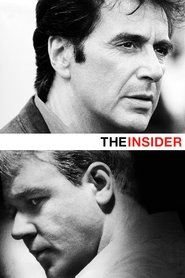
Synopsis
The Insider 1999 full Movie Download In English 720p and 480p
StoryLine:
During a prologue, CBS producer Lowell Bergman convinces the founder of Hezbollah, Sheikh Fadlallah, to grant an interview to Mike Wallace for 60 Minutes. While preparing for the interview, both Wallace and Bergman firmly stand their ground against the Sheikh’s armed and hostile bodyguards’ attempted intimidation and disruption.
Later, Bergman approaches Jeffrey Wigand—a former executive at the Brown & Williamson tobacco company—for help translating technical documents. Wigand agrees, but intrigues Bergman when he refuses to discuss anything else, citing a confidentiality agreement. B&W later coerce Wigand into a more restrictive agreement, leading Wigand to accuse Bergman of betraying him. Bergman subsequently visits Wigand to defend himself and investigate the potential story. Wigand, though apparently possessing very damaging information, is hesitant to jeopardize his severance package with B&W by revealing anything.
Wigand’s family move into a more modest house, and Wigand begins working as a teacher. One night Wigand finds evidence of trespass, and receives a sinister phone call. Meanwhile, Bergman contacts Richard Scruggs, an attorney representing Mississippi in a lawsuit against the tobacco industry, suggesting that if they deposed Wigand, it could negate his confidentiality agreement and give CBS cover to broadcast the information; Scruggs expresses interest. Some time later, Wigand receives an emailed death threat and finds a bullet in his mailbox. He contacts the FBI, but the agents who visit him are hostile and confiscate his computer. A furious Wigand demands that Bergman arrange an interview, in which Wigand states that he was fired after he objected to B&W intentionally making their cigarettes more addictive.
Bergman later arranges a security detail for Wigand’s home, and the Wigands suffer marital stress. Wigand testifies in Mississippi, over the objections of B&W attorneys, despite having been served with a gag order.
Additional Links:
Original title
The Insider
IMDb Rating
7.8 161,426 votes
TMDb Rating
7.5 1,229 votes
Director
Director
Cast
Lowell Bergman
Jeffrey Wigand
Mike Wallace
Liane Wigand
Don Hewitt
Sharon Tiller
Debbie De Luca
Eric Kluster
Richard Scruggs
Ron Motley

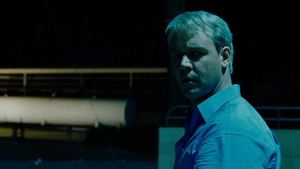
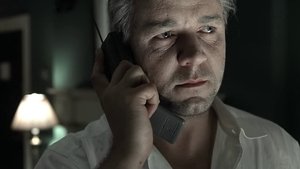

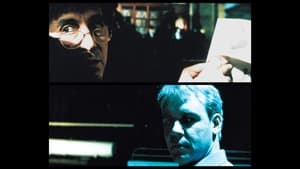
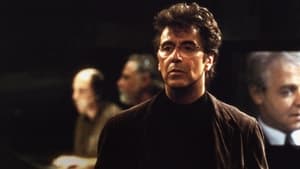




















![Srikanth [HD WEBDL]](https://image.tmdb.org/t/p/w185/nkWF1jIMQqWZSShNTAdBUqrdFsZ.jpg)

![Maidaan [HDWEBDL]](https://image.tmdb.org/t/p/w185/eKbAVKQf6choCfasNWuYoSTOPBP.jpg)

